-

-

-
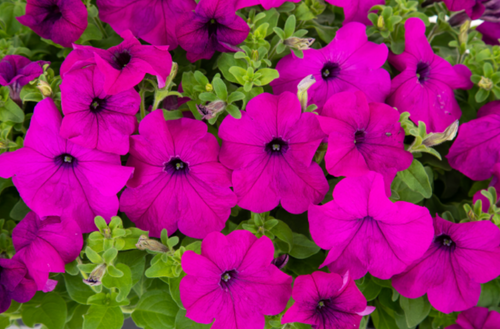
-
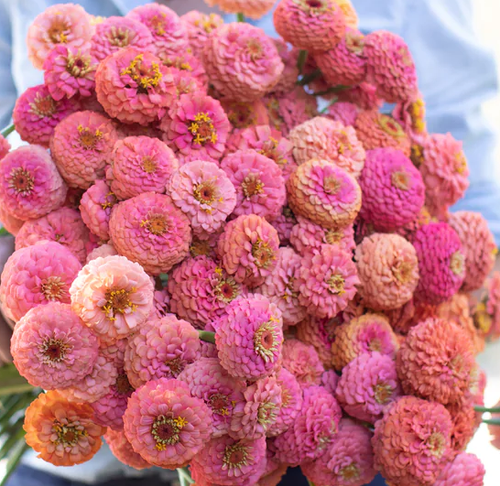
-

-

-
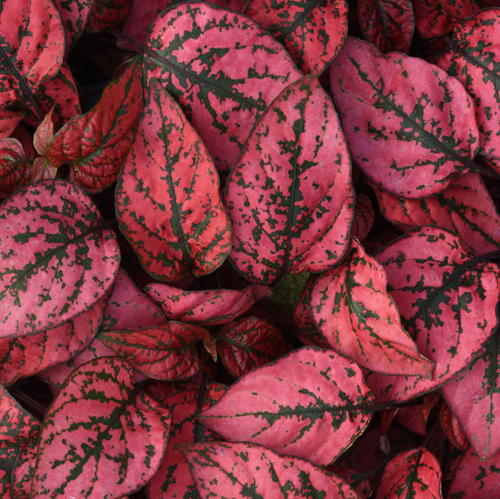
-

PALACE PURPLE - Coral Bells Seeds (Heuchera americana)
$1.20 - $8.19 -
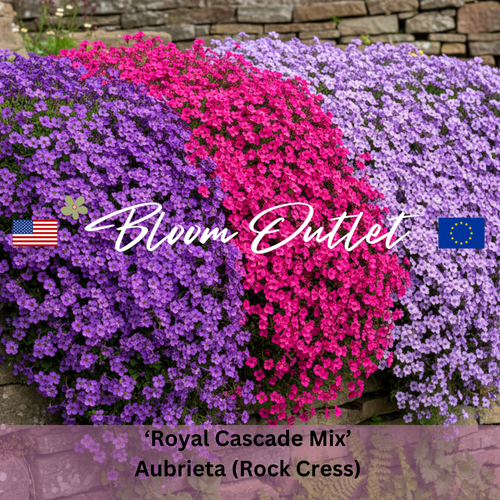
ROYAL CASCADE MIX - Rock Cress Seeds (Aubrieta hybrida)
$2.80 - $6.06 -

-

-
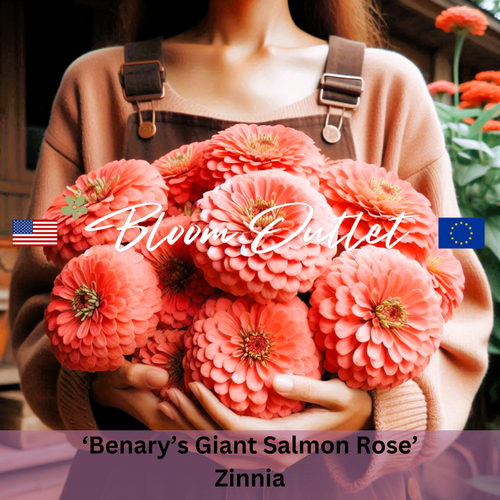
Common Name
Common names provide an easy and convenient way for people to refer to and identify different types of plants. They are typically based on the plant's appearance, use, or cultural significance, and they can vary from region to region and language to language.
Unlike scientific names, which are based on a standardized system of binomial nomenclature and are the same worldwide, common names can differ based on local dialects, cultures, and customs. For example, the common name for the plant "Artemisia vulgaris" in English is "mugwort," while in Spanish it is "artemisa," and in Chinese it is "艾草."
Common names can also be more memorable and easier to pronounce than scientific names, which can be long, complex, and difficult to remember for non-experts. This makes common names particularly useful for gardeners, farmers, and other people who work with plants regularly, as well as for non-scientific communication about plants in everyday life.
However, it's worth noting that common names can sometimes be confusing or misleading, particularly when different plants have similar names or when the same plant has multiple common names. For this reason, scientists and botanists typically rely on scientific names to ensure clarity and precision in their communication about plants.
